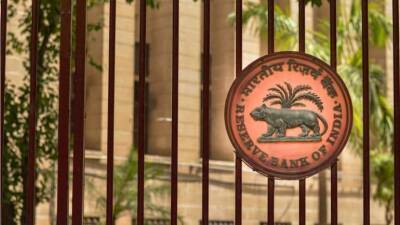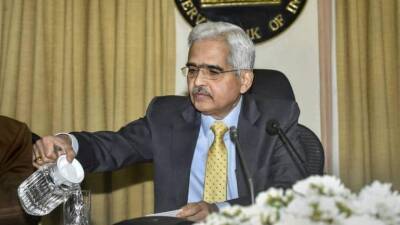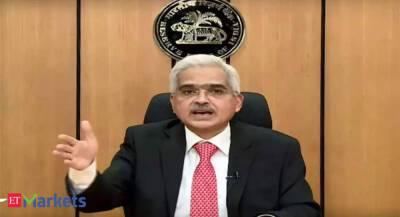India’s crypto tax provides little legal clarity for traders and exchanges
Earlier in February, Indian Finance Minister Nirmala Sitharaman announced a tax proposal that would bring the relatively unregulated digital asset space under the purview of tax authorities.
The proposal includes a 30% income tax on crypto returns and a 1% tax deducted at source (TDS) by crypto exchanges on transactions above 10,000 Indian rupees ($133).
The announcement came during the parliamentary budget session for 2022, and the government has already set April 1 as a deadline for crypto exchanges to comply with the new tax regulations.
The introduction of the crypto tax was widely misreported as a form of legal recognition of cryptocurrencies in India — a notion that was debunked by the head of the country’s Central Board of Direct Taxes.
Sitharaman repeated a similar stance to Parliament a few days later, claiming that the government will only tax the profits from digital assets and in no way give them legal recognition. The legality of the crypto market will be decided later after appropriate legislation is introduced in Parliament.
"Banning or not banning will come subsequently when the consultation gives me inputs but then would you rather have me not tax & allow the profits to be there. ""I will tax because its sovereign right to tax."-FM Nirmala Sitharaman on Crypto pic.twitter.com/VUSmaODR7Z
The 30% crypto tax bracket is the highest in the country and nearly double the corporate tax rate of 16%. The announcement saw a mixed reaction from the crypto community in India, with exchanges calling it a welcome step toward some level of recognition of the unregulated crypto market, while many crypto traders called it regressive.
Representatives of Indian crypto exchanges met senior policymakers from the Ministry of Finance
Read more on cointelegraph.com
 cointelegraph.com
cointelegraph.com


















